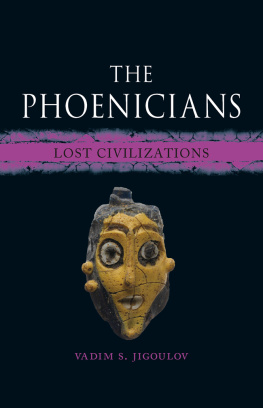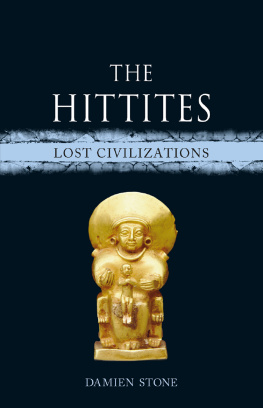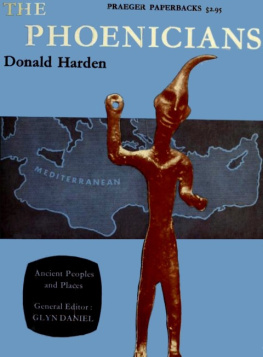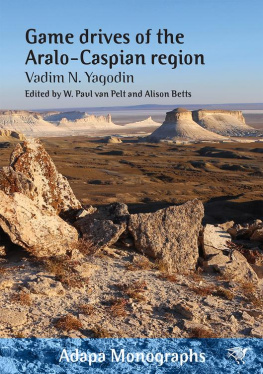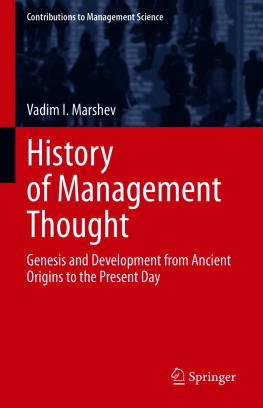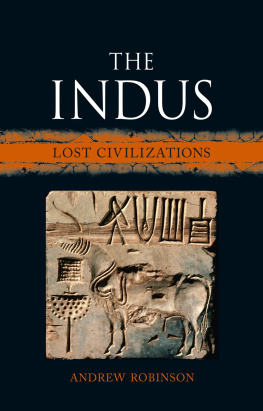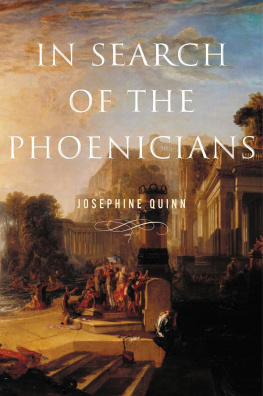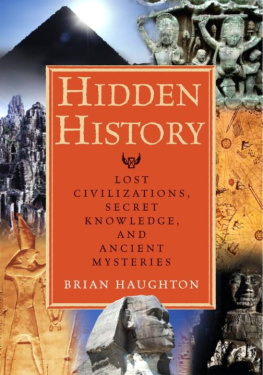
| THE PHOENICIANS 
|
LOST CIVILIZATIONS
The books in this series explore the rise and fall of the great civilizations and peoples of the ancient world. Each book considers not only their history but their art, culture and lasting legacy and asks why they remain important and relevant in our world today.
Already published:
The Aztecs Frances F. Berdan
The Barbarians Peter Bogucki
Egypt Christina Riggs
The Etruscans Lucy Shipley
The Goths David M. Gwynn
The Greeks Philip Matyszak
The Indus Andrew Robinson
The Persians Geoffrey Parker and Brenda Parker
The Phoenicians Vadim S. Jigoulov
The Sumerians Paul Collins

To Maria, Aleksandra and Anastasia
Published by Reaktion Books Ltd
Unit 32, Waterside
4448 Wharf Road
London N1 7UX, UK
www.reaktionbooks.co.uk
First published 2021
Copyright Vadim S. Jigoulov 2021
All rights reserved
No part of this publication may be reproduced, stored in a retrieval system, or transmitted, in any form or by any means, electronic, mechanical, photocopying, recording or otherwise, without the prior permission of the publishers
Page references in the Photo Acknowledgements and
Index match the printed edition of this book.
Printed and bound in India by Replika Press Pvt. Ltd
A catalogue record for this book is available from the British Library
eISBN 9781789144796

| CONTENTS |
 | CHRONOLOGY |
c. 700,000 years ago | The earliest artefacts discovered in Borj Qinnarit, near Sidon |
c. 3500 BCE | The founding of Sidon |
c. 3300 BCE | The founding of Byblos |
c. 3000 BCE | First contacts between Byblos and Egypt |
2750 BCE | The founding of Tyre (traditional date) |
c. 26002300 BCE | First writing appears in Byblos |
c. 21812040 BCE | Egypts First Intermediate Period |
1437 BCE | Thutmose IIIs raid against the Levant and the establishment of Egypt as the undefeated power in the Ancient Near East |
14th century BCE | The Amarna Letters, a collection of diplomatic correspondence between pharaohs of Egypt and various rulers of the Ancient Near East |
14th century BCE | The founding of Kition in Cyprus |
13th century BCE | Emergence of the Proto-Canaanite script |
c. 1200 BCE | The destruction of Ugarit by the Sea Peoples at the beginning of the twelfth century BCE. The emergence of the Phoenician city-states; Tyre and Sidon replace Byblos as the most pre-eminent city-states |
11141076 BCE | Reign of Tiglath Pileser I of Assyria; Phoenicia is defeated and made part of the Assyrian Empire |
11th century BCE | The emergence of a 22-letter Phoenician consonantal alphabet |
c. 1000900 BCE | The beginning of Tyrian trade expansion into the western Mediterranean |
814 BCE | The founding of Carthage (traditional date) |
744727 BCE | Reign of Tiglath-Pileser III |
720s BCE | Phoenicians establish first settlements in Sicily |
c. mid-8th century BCE | Homers Iliad and Odyssey |
662 BCE | Tyres rebellion against Ashurbanipal |
612 BCE | The fall of Nineveh, the capital of Assyria |
605 BCE | The Battle of Carchemish, in which Nebuchadnezzar II, king of Babylon, defeats the joint forces of Assyria and Egypt |
585 BCE | The beginning of Nebuchadnezzars siege of Tyre |
546 BCE | Cyrus II defeats King Croesus of Lydia |
539 BCE | Cyrus IIs capture of Babylon |
525 BCE | Conquest of Egypt by Cambyses |
513 BCE | Invasion of Asia Minor by Darius I |
492 BCE | Invasion of Greece by Darius I |
480 BCE | Defeat of Xerxes I at the hands of the Greeks in the Battle of Salamis |
c. 450 BCE | The introduction of coinage in Phoenicia |
c. 449 BCE | The purported peace treaty between the Greeks and the Persians |
405 BCE | The revolt in Egypt against Persia |
c. 359355 BCE | King Abdashtart Is rebellion against the Achaemenids |
351347 BCE | King Tenness rebellion against the Achaemenids |
333 BCE | The conquest of Arwad, Byblos and Sidon by Alexander the Great |
332 BCE | The conquest of Tyre by Alexander the Great |
331 BCE | Alexander the Greats victory over the last Achaemenid king Darius III at Gaugamela |
146 BCE | Rome crushes Carthage at the end of the Third Punic War |
64 BCE | The collapse of Seleucid rule and the arrival of the Roman Empire to the Near East |
 | PROLOGUE |
T his book explores the history and artistic heritage of the much mythologized Phoenicians, as well as the scope of their maritime and colonizing activities in the Mediterranean. Two aspects of the book will stand out from other studies of Phoenician history: the source-focused approach; and the attention paid to the various ways that biases, ancient and modern, have contributed to widespread misconceptions about who the Phoenicians were.
We will describe and analyse various sources (epigraphic, numismatic, material remains) and consider how historians have derived information about a people with little surviving literary heritage. We will also consider how the term Phoenicians was one attached by outsiders, arguing that the Phoenicians did not see themselves as belonging to a single ethnic or cultural entity; rather, they maintained their distinct identities as inhabitants of individual city-states (Sidon, Tyre, Byblos) that happened to be in close proximity to one another.
The Phoenicians are frequently mentioned in the Hebrew Bible, and we explore ancient Jewish views on Phoenicia and its people. Finally, we consider the Mediterranean as a place of competing political and economic agendas, where we explore Phoenician colonial activities and their interaction and competition with the Greeks and others.
The book sets out to focus on aspects of Phoenicia and the Phoenicians that deserve deeper inquiry, including a critical look at the primary sources (classical, Near Eastern and biblical), the relationship between the Phoenician and Punic worlds, and the issue of cultural appropriation of the Phoenician heritage in modernity.

